Are you traveling in Japan with little ones? Looking for a fun, safe, and free indoor place where your kids can play and make new friends? Then don’t miss out on Jidokan — Japan’s unique public kids’ centers.
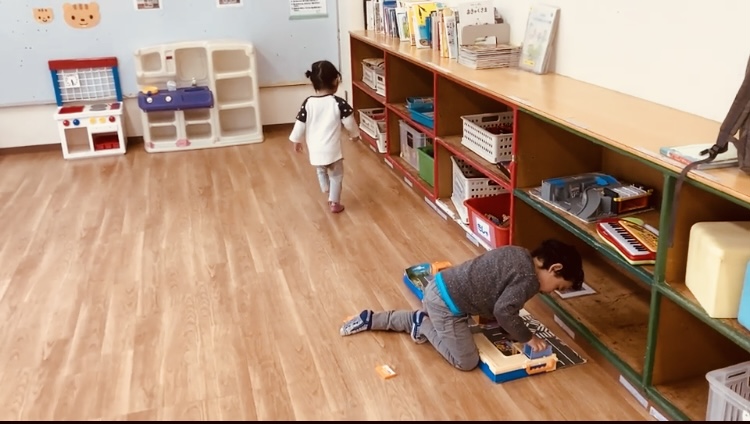
What is a Jidokan (児童館)?
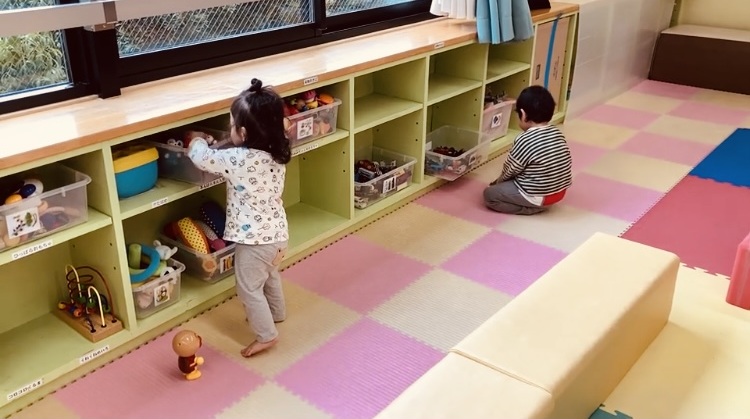
In Japan, Jidokan (children’s centers) are encouraged by national policy, and many are operated by local governments as part of community child welfare services.
Although not mandatory, most cities and towns have at least one Jidokan or a similar facility for children and parents.
For example, Meguro City, with a population of around 300,000, operates 18 Jidokan (children’s centers), reflecting its strong commitment to child welfare and community support.
These centers are open to both local residents and visitors, offering a welcoming space for children to play, learn, and interact with others.
It’s open to all children from babies to adolescents up to 18 years old, and yes — international visitors are welcome too!
Why You Should Visit a Jidokan on Your Trip
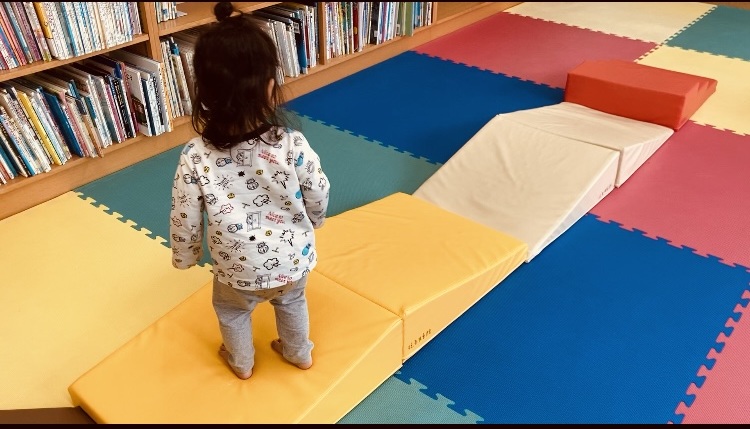
Here are reasons why visiting a Jidokan is recommended;
- 🧸 Free indoor play areas with toys, books, and baby zones
- 👩👧 Interaction with Japanese families — a chance for cultural exchange
- 🌧️ Perfect for rainy or hot days — my kids asks to go there on rainy Saturdays
- 👶 Support for babies and toddlers — diaper changing, nursing rooms, and more
Some Jidokan also offer free events like story time or craft workshops. Ask the staff — they are often happy to help even if your Japanese is limited.
How to Use a Jidokan as a Tourist
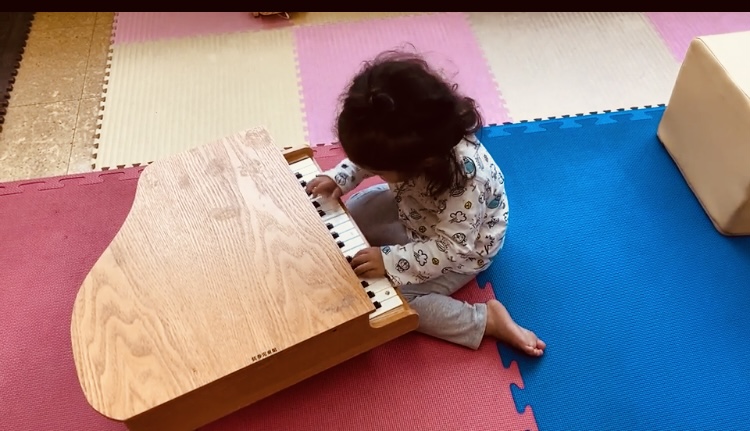
You can search locations of Jidokan by Google Map, or you can access the local government website for information. Most of these websites have English pages.
No registration needed in most cases
You can simply directly access to your closest Jidokan. No need to show your IDs, and you don’t need to be a resident of the area. Completely free access!
Just walk in during open hours (usually weekdays)
Jidokan are usually open from 9 or 10am to 5-6pm on weekdays. It depends, but some places are open every other Saturdays as well.
It’s a good idea to bring a towel and something to drink
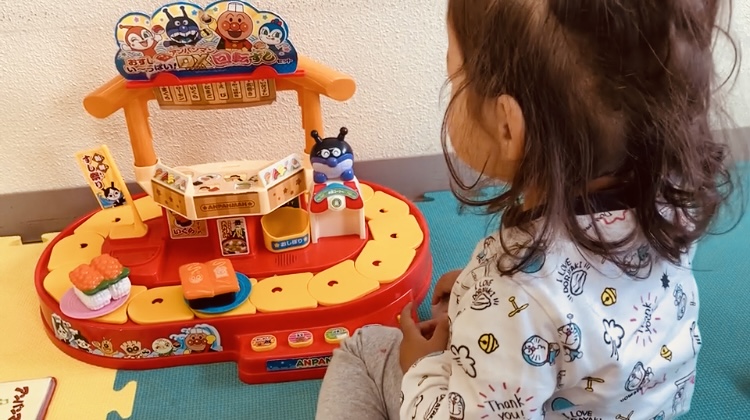
Same as many indoor playgrounds in Japan, you will be required to remove your shoes. You can bring your socks if you feel uncomfortable walking barefoot indoors.
Most Jidokan have sign-in books. They are mainly in Japanese – you can ask staff for help how to write down your name. You are usually required to write your name and where you came from.
Before starting to play, you will be required to wash your hands in many cases. Some Jidokans do not have paper towels or hand dryers, as most Japanese carry their own handkerchiefs to wipe their hands, so it might be a good idea to bring small towels.
Jidokans have drinking fountains, but it’s also a good idea to bring your own drink. Vending machines are sometimes not located.
Also, you may need to take your trash with you before you leave (this includes used diapers).
Staff are usually kind and welcoming
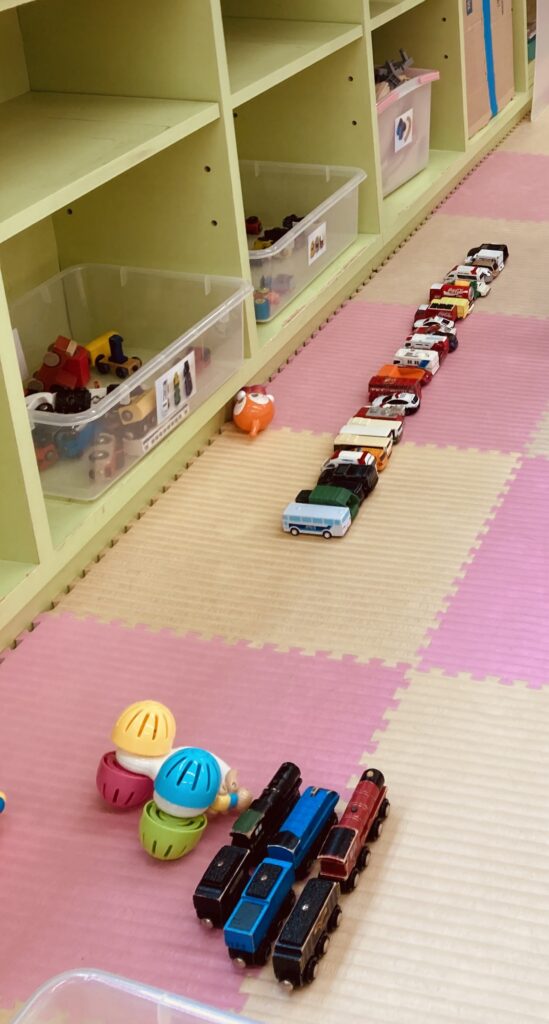
Unfortunately most Jidokans do not have English instructions, however there are usually three or staff in service, and most of them are kind and welcoming.
Toys with small parts or those that are fragile are often kept in the staff room.
If you ask, the staff will be happy to lend them to you.
A few other simple rules to keep the space enjoyable
There are some other simple rules;
– Put away the toys after playing. They are usually neatly organized. Most of them have picture images, so you can see where to put them back. If there are no images, you can try putting them back neatly in shelves.
– Take turns and share toys with other children.
– If your child puts a toy in their mouth or licks it, please place it in the special container usually provided for used toys (ask staff for where the container is).
These small rules help keep the space clean and enjoyable for everyone!
Things to Know Before You Go
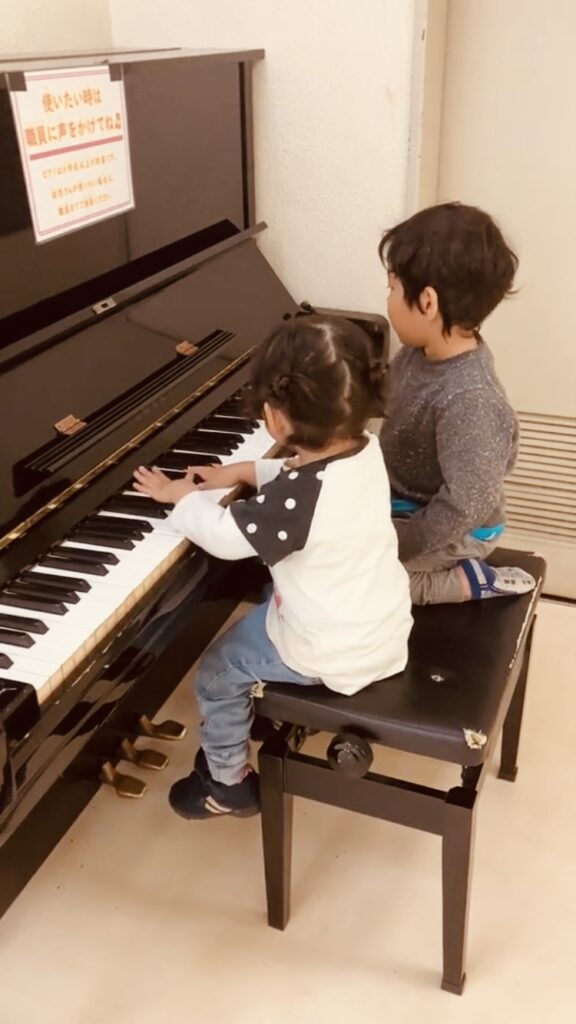
📍 Search for “ + [city name]” on Google Maps
🕙 Check open hours (many close around 5 p.m.)
🧻 Facilities vary — some may not have full baby care rooms.
👪 Some Jidokan are mainly for local residents, but most welcome travelers
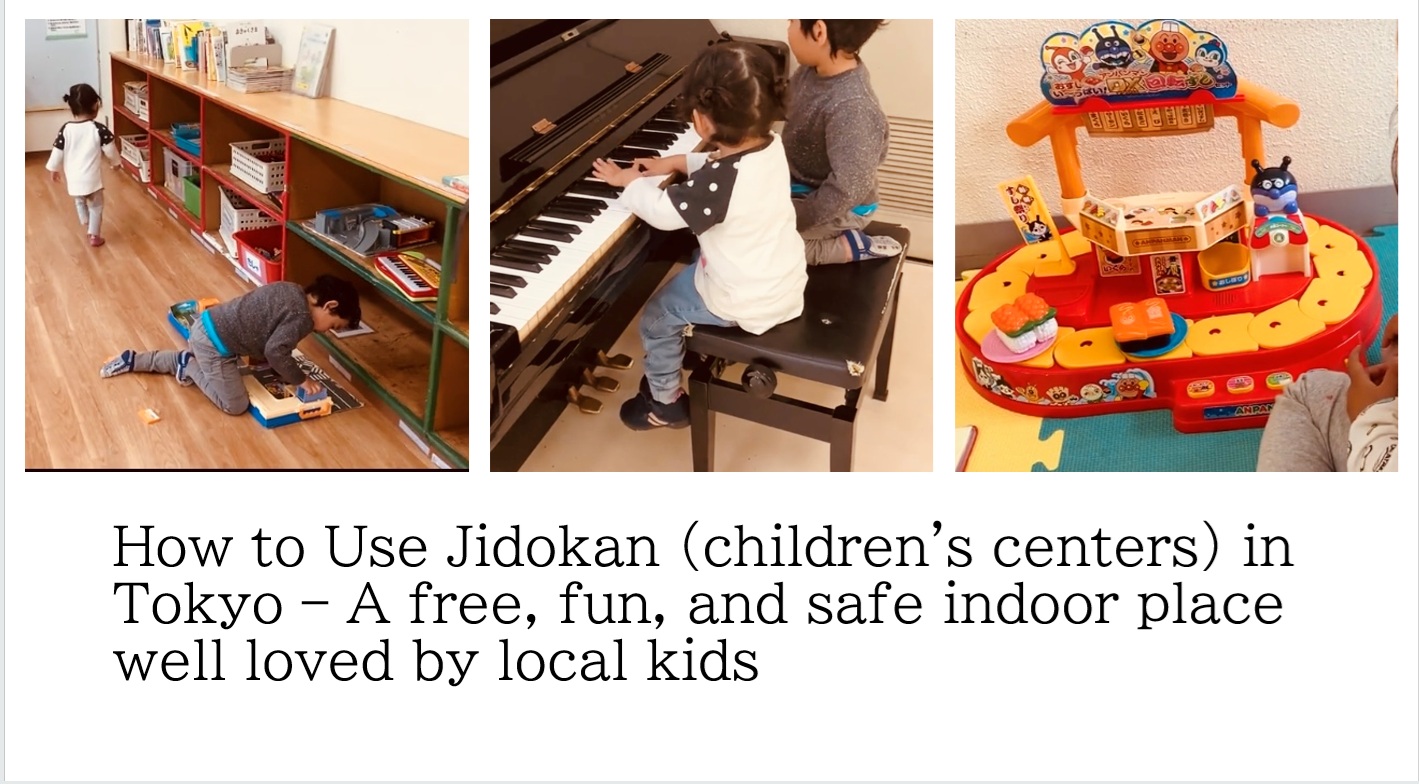


コメント